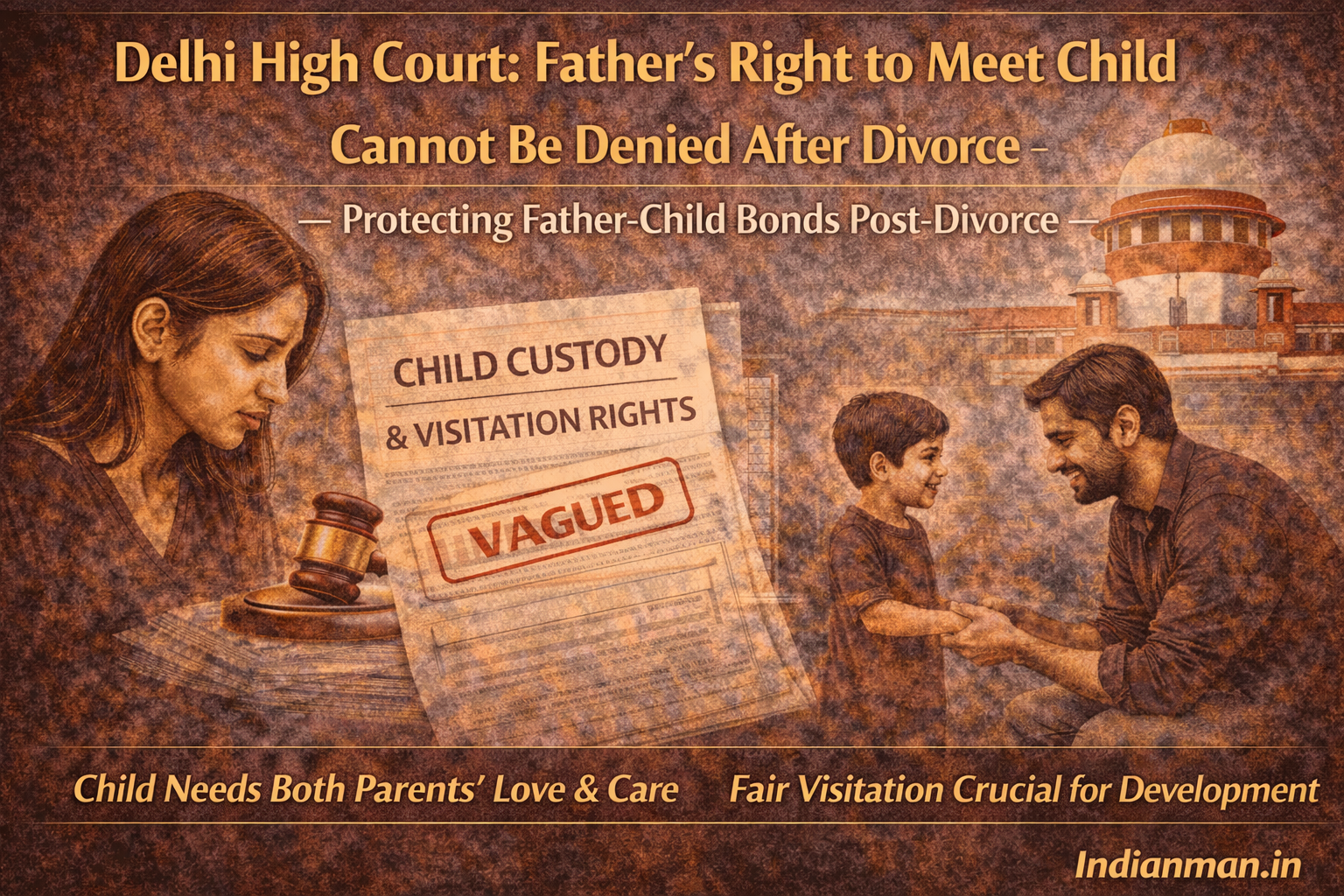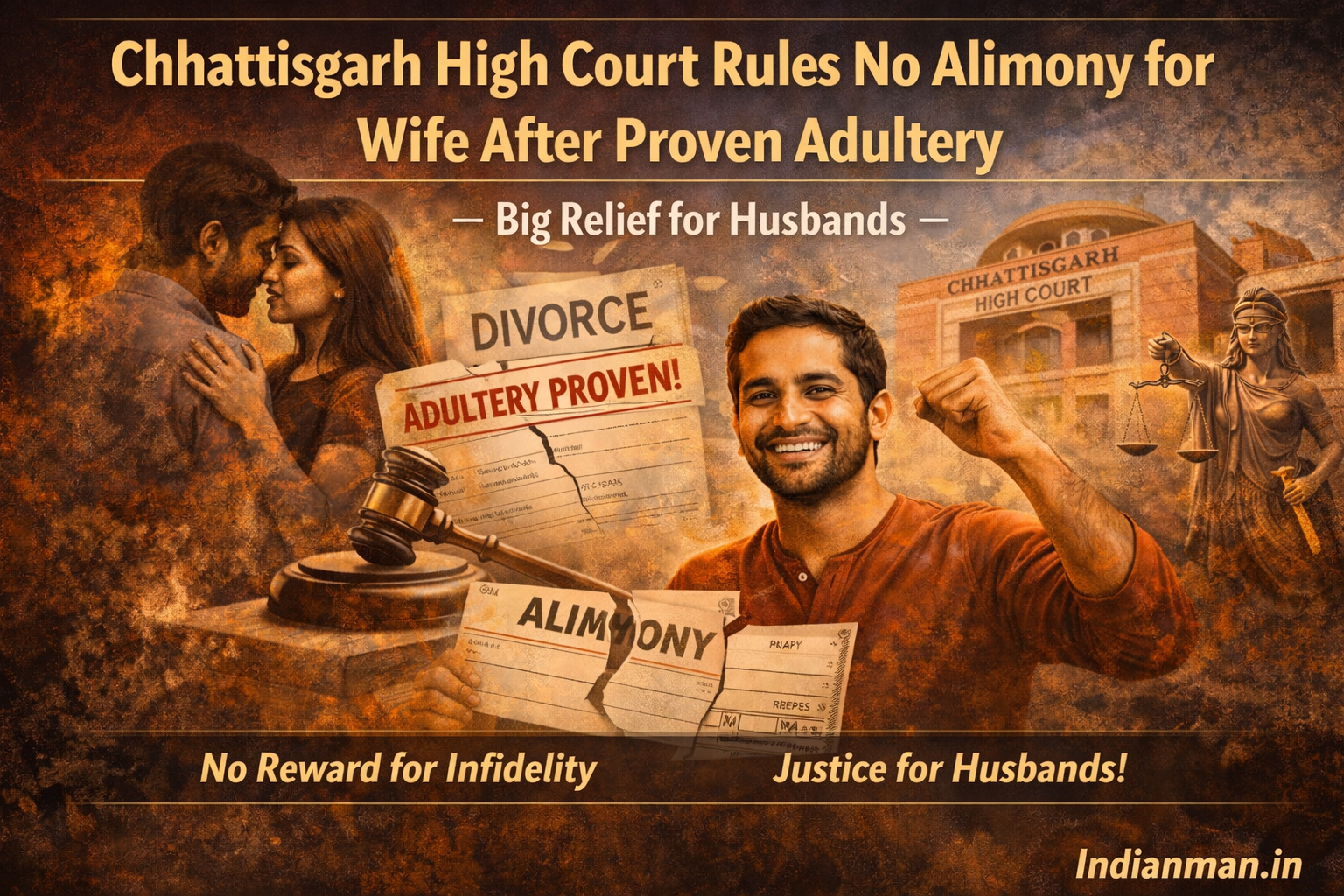Supreme Court: Woman Can Claim Maintenance from Second Husband Even If First Marriage Isn’t Legally Ended
The Supreme Court of India has ruled that a woman can claim maintenance from her second husband, even if her first marriage was not legally dissolved. The bench, comprising Justice B.V. Nagarathna and Justice Satish Chandra Sharma, emphasized that Section 125 of the Criminal Procedure Code (CrPC) is meant to protect women from financial distress and should be interpreted broadly.
Background of the Case
The case involved a woman (Appellant No. 1) who married her second husband while her first marriage was still legally valid. The second husband was aware of her first marriage, yet they lived together, had a child, and later separated due to marital disputes.
Initially, the Family Court granted her maintenance, but the High Court overturned the decision, stating that her marriage was void due to the existence of her first marriage. The woman then appealed to the Supreme Court.
Supreme Court’s Verdict
The Supreme Court overruled the High Court’s decision, stating that Section 125 CrPC does not prevent a woman from seeking maintenance from her second husband, even if her first marriage was not legally dissolved. The judgment pointed out two key factors:
- The second husband was fully aware of her first marriage when he married her.
- The woman and her first husband had formally separated through a Memorandum of Understanding (MoU), although they did not obtain a legal divorce.
The Court noted that since she was not receiving any financial support from her first husband, she had the right to seek maintenance from her second husband.
Legal Implications
The ruling reinforces the principle that maintenance is not just a benefit for the wife but a legal and moral duty of the husband. The Court referred to the recent case of Mohd. Abdul Samad vs. State of Telangana to highlight the financial vulnerability of homemakers in India.
By allowing the appeal, the Supreme Court restored the maintenance granted by the Family Court. This decision sets a significant precedent for similar cases in the future, ensuring that women in financially vulnerable situations receive the support they deserve.
Be a part our social media community:
Facebook: https://www.facebook.com/IndianMan.in?mibextid=ZbWKwL
Instagram:
https://www.instagram.com/indianman.in?igsh=MWZ2N3N0ZmpwM3l3cw==



